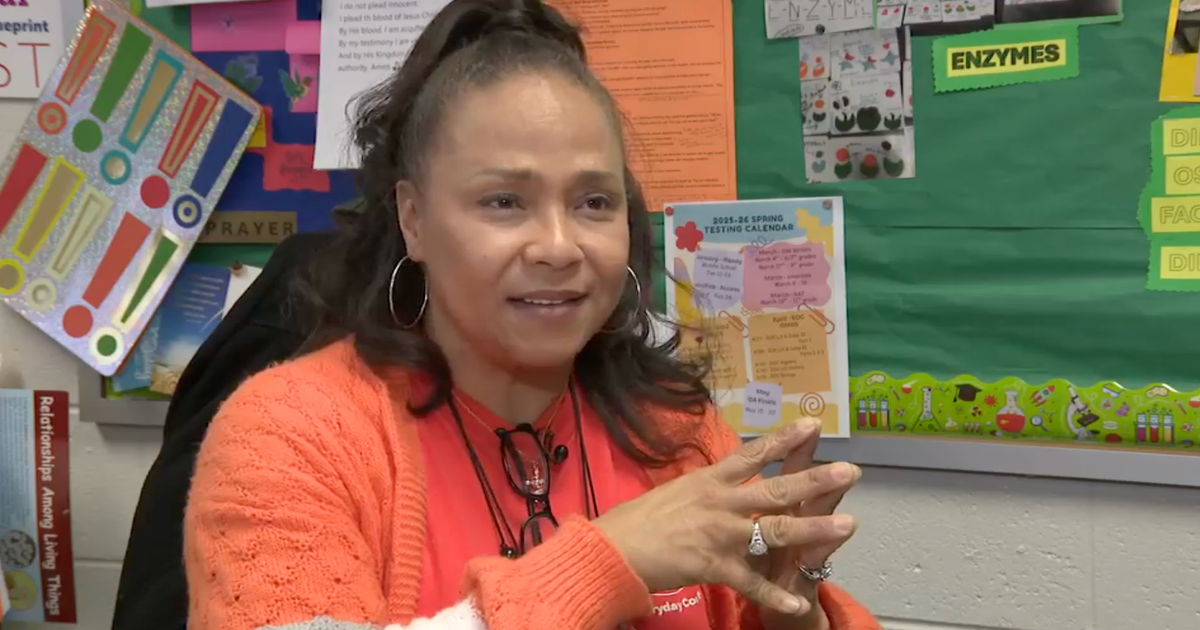Tips to boost your well being on World Mental Health Day
MIAMI - It has been a tough couple of years, from coping with the pandemic to rising inflation.
"Mental health is getting a lot more difficult to deal with these last few years, especially after having to isolate and stuff," said Emily Dixon, who changed jobs and moved multiple times since the COVID-19 outbreak.
If you find yourself struggling these days, experts from Britain's Mental Health Foundation said you're not alone.
"The stats are similar in the U.S. and U.K., about one in six people every week experience diagnosable levels of mental illness," said Dr. Antonis Kousoulis, the director for England and Wales at the Mental Health Foundation.
Health experts said COVID-19 created a global mental health crisis with an estimated 25 percent rise in anxiety and depressive disorders in the first year of the pandemic. On World Mental Health Day (October 10th), Dr. Kousoulis believes the first step to getting help is breaking the taboo.
"The main stigma is that it's your fault if you're struggling, it's important to recognize when you might need help," he said. "Are there aspects of our lives that are suffering, sleep is quite often the first one. Any changes in behavior, motivation at work, being invested in the relationships we have."
The Mental Health Foundation studied the best ways to deal with problems like anxiety and depression. Experts are now offering 11 tips to boost mental health:
- Get closer to nature.
- Learn to understand and manage your feelings.
- Talk to someone you trust for support.
- Be aware of using drugs and/or alcohol to cope with difficult feelings.
- Try to make the most of your money and get help with problem debts.
- Get more from your sleep.
- Be kind and help create a better world.
- Keep moving.
- Eat healthy food.
- Be curious and open-minded to new experiences.
- Plan things to look forward to.
"To me, exercise is a big one, with running, and eating healthy," said Molly Thompson, who looked at the list. Matt Stark is all about getting a good night's rest.
"I'd certainly agree that you [should] get more from your sleep, because if you don't get a decent sleep that can really affect you," he said.
Experts also stress that it's important for parents to listen to their kids from an early age to help protect their mental health.
"There's something about our society that demonizes negative emotions. You know, we don't want sadness, we don't want anger, we don't want stress, but these are all valuable signs that something is going on", said Dr. Kousoulis.
The findings from the foundation are published in the American Journal of Health Promotion.







